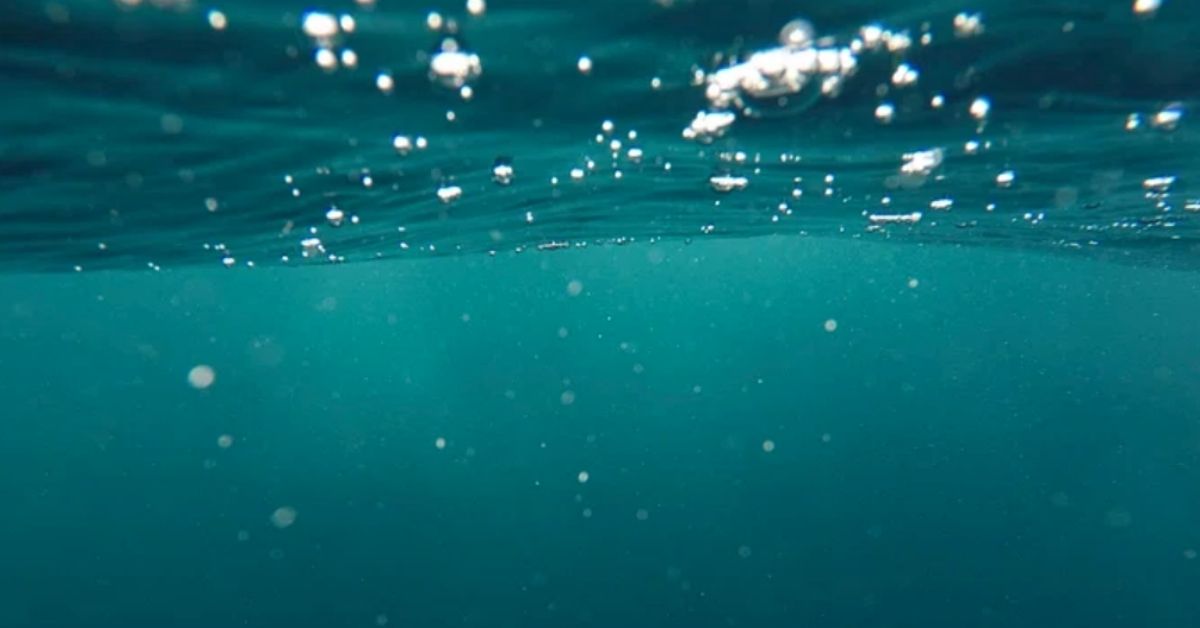Scientists believe that an aquatic single-celled organism known as UTEX 3222 — cheekily nicknamed “Chonkus” — could be our newest ally in cleaning up carbon emissions.
The fast-growing cyanobacterium, which guzzles down light and carbon dioxide using specialized compartments, was first identified by microbiologist Braden Tierney on an underwater expedition off the coast of Sicily.
After taking samples of seawater from the mouths of volcanic vents, Tierney and his team got help from the scientific nonprofit Align to Innovate to identify their deep ocean treasures.
“There’s more and more excitement about isolating new organisms,” Tierney told Grist.

Upon closer examination, Chonkus immediately set itself apart from other algae-like organisms.
“When you grow a culture of bacteria, it looks like broth and the bacteria are very dilute in the culture. But we found that Chonkus would settle into this stuff that is much more dense, like a green peanut butter,” said co-researcher Max Schubert, adding that its consistency lends to greater efficiency.
As Tierney and Schubert continue exploring Chonkus’ future role in carbon capture systems, they estimate that less than 0.01% of microbes on the planet have been studied.
“There’s no question we’ll keep finding really, really interesting biology in these vents,” Tierney said. “They don’t represent the true arsenal of microbes that we could potentially work with to achieve humanity’s goals.”
You may also like: 'Cloud-milking' is keeping forests alive in areas devastated by drought
Header image via Raw Pixel (CC0 1.0)



